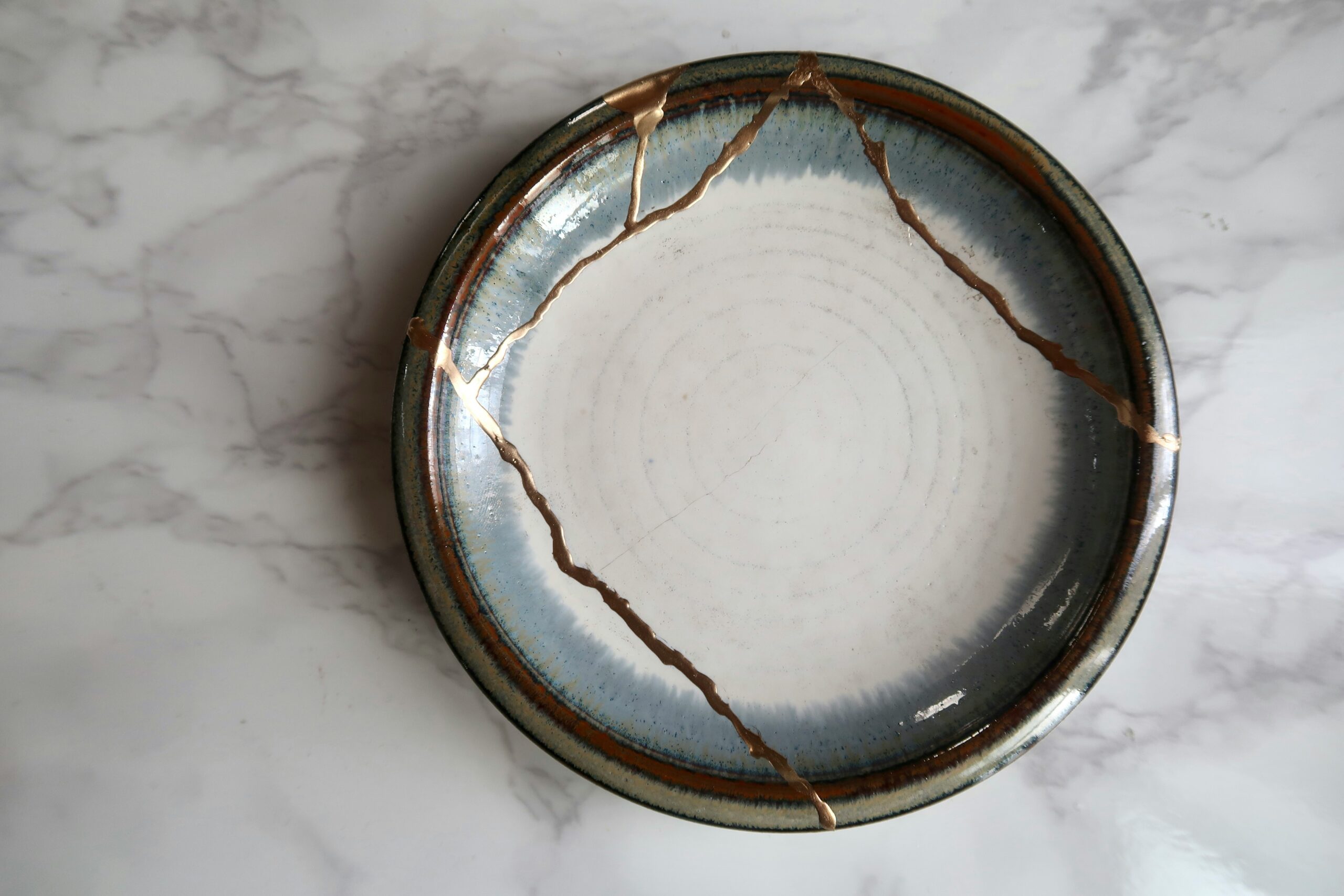January 30, 2025
Why Forgiveness Frees You More Than Them

Trust is the foundation of every meaningful relationship, whether personal or professional. Yet, trust is also fragile—it can be broken through intentional harm, misunderstandings, or unmet expectations. When that happens, forgiveness becomes essential for healing and moving forward. Forgiveness isn’t easy, but it’s necessary—not for the other person, but for ourselves.
One of the most profound metaphors I’ve come across is the Japanese art of Kintsugi, where broken pottery is repaired with golden resin. The cracks don’t disappear; instead, they are highlighted, turning the object into something even more beautiful. Trust works the same way. When broken, it can never return to its original state, but through forgiveness and care, it can be transformed into something stronger and more meaningful.
Forgiveness is not about excusing the actions of others. It’s about releasing the emotional weight of resentment and anger. Carrying those emotions doesn’t punish the person who hurt us—it punishes us. The emotional and physical toll of holding onto anger can lead to stress, bitterness, and even health issues. To forgive is to free ourselves from that burden.
5 Key Takeaways About Forgiveness and Trust
- Forgiveness Is for You
Holding onto resentment is like drinking poison and expecting someone else to suffer. Forgiving someone doesn’t mean condoning their actions; it means liberating yourself. - Trust Can Be Rebuilt but Not Erased
Like the golden seams of Kintsugi, the cracks in trust tell a story. Rebuilding trust requires effort, honesty, and time, but the scars remind us of both the pain and the healing. - Clarity Prevents Future Breaches
Misunderstandings and unmet expectations often lead to broken trust. Clear communication and defined agreements are critical in relationships to avoid these pitfalls. - Self-Responsibility Is Key
When trust is broken, it’s essential to reflect on our role in the situation. Owning our actions, even unintentionally, is a powerful step toward repairing the relationship or finding closure. - Forgiveness Doesn’t Require Forgetting
Forgiving someone doesn’t erase the past. The scars of broken trust remain, but they don’t have to control your future. Letting go allows you to heal and grow.
When I reflect on trust and forgiveness, I’m reminded of how complex these dynamics are. Sometimes trust is broken maliciously, and other times it’s a result of miscommunication or unmet expectations. In either case, forgiveness doesn’t mean returning to the way things were; it means accepting what happened, learning from it, and choosing not to carry the bitterness forward.
In my own life, I’ve experienced the pain of broken trust, both as the one betrayed and, at times, the one who unintentionally hurt someone else. Through these experiences, I’ve learned that forgiveness starts with self-awareness. It’s about owning your part in the situation and making peace with the rest. Whether or not the other person seeks forgiveness, letting go of resentment is one of the most freeing and empowering acts you can do for yourself.
Forgiveness is a gift you give yourself. It doesn’t mean forgetting the lesson, but it does mean releasing the pain. Like the golden seams of Kintsugi, it turns the brokenness into a story of resilience and transformation.







